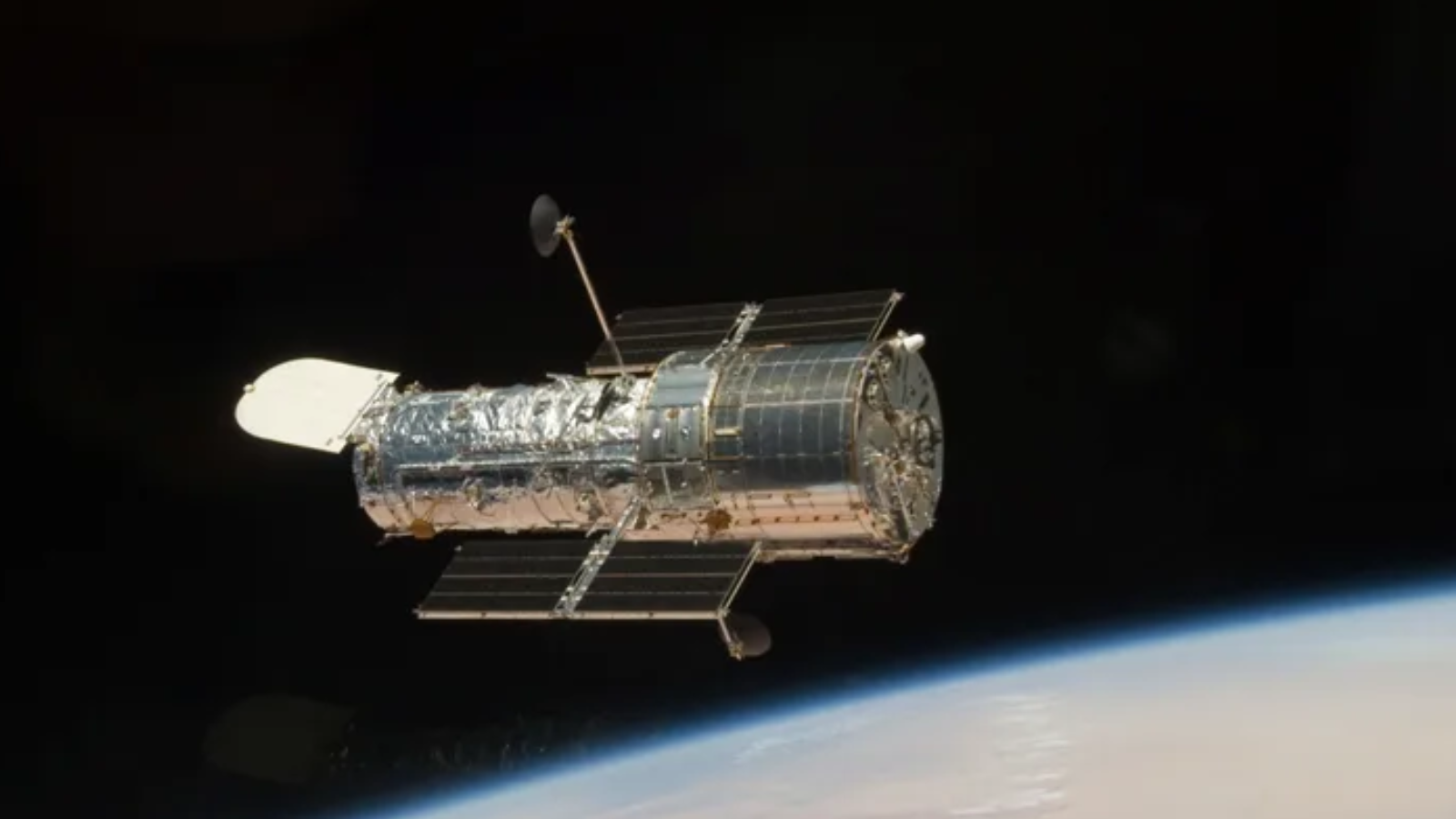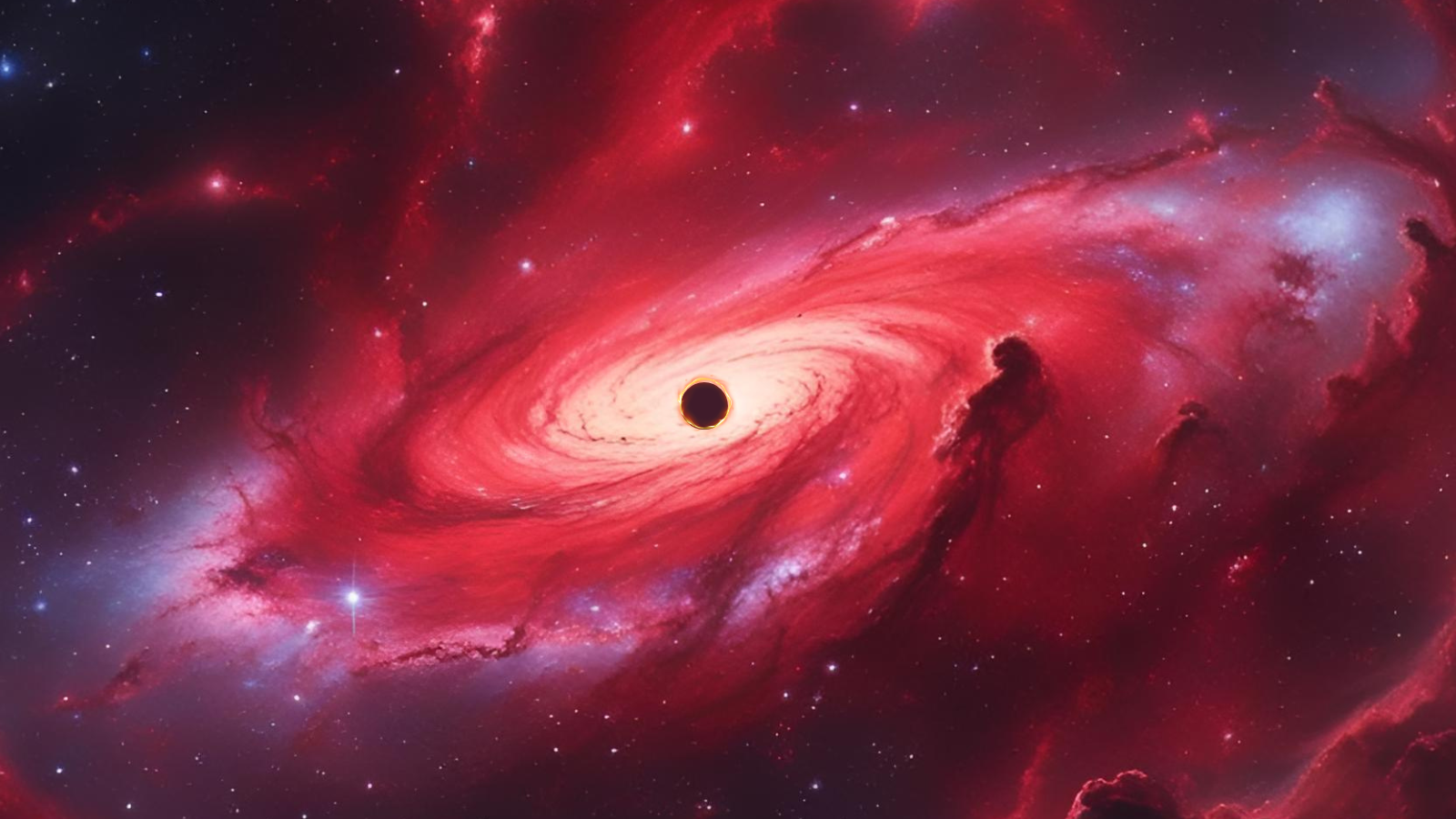Hubble Space Telescope pauses science due to gyroscope issue
Hubble entered safe mode on April 23, but NASA reports the telescope is still in "good health."

NASA has paused science activities for the Hubble Space Telescope after one of its three gyroscopes sent faulty readings back to Earth.
The space telescope, which has been delivering stunning views of the cosmos since its launch in 1990, was placed into safe mode on Tuesday (April 23) while it awaits further instructions from the ground. NASA reported that, despite the misfiring gyro, Hubble's instruments are stable and that the telescope is, overall, in good health.
The gyroscopes of Hubble are designed to measure the rate at which the space telescope is turning, helping operators determine the direction it is orientated in. Faulty readings from this particular gyro also caused Hubble to be placed in safe mode in November 2023.
Related: Hubble telescope celebrates 34th anniversary with an iridescent Dumbbell Nebula (image)
Hubble's operating team is currently working to identify possible solutions to this gyroscope issue. The situation isn't too dire because if this gyro can't be recovered, Hubble could be reconfigured to operate with just one gyro; this would see the other operational gyro placed into reserve.
Hubble, which has just celebrated its 34th anniversary in space, was fitted with these gyroscopes in 2009 during its fifth and final space shuttle servicing mission. That mission came after 19 years of service and saw Hubble outfitted with six new gyroscopes, of which three remain, including the problematic gyro.
"NASA anticipates Hubble will continue making groundbreaking discoveries, working with other observatories, such as the agency’s James Webb Space Telescope (JWST), throughout this decade and possibly into the next," NASA said in a statement that revealed the malfunctioning gyroscope and the need to place the telescope in safe mode.
Breaking space news, the latest updates on rocket launches, skywatching events and more!

Robert Lea is a science journalist in the U.K. whose articles have been published in Physics World, New Scientist, Astronomy Magazine, All About Space, Newsweek and ZME Science. He also writes about science communication for Elsevier and the European Journal of Physics. Rob holds a bachelor of science degree in physics and astronomy from the U.K.’s Open University. Follow him on Twitter @sciencef1rst.
